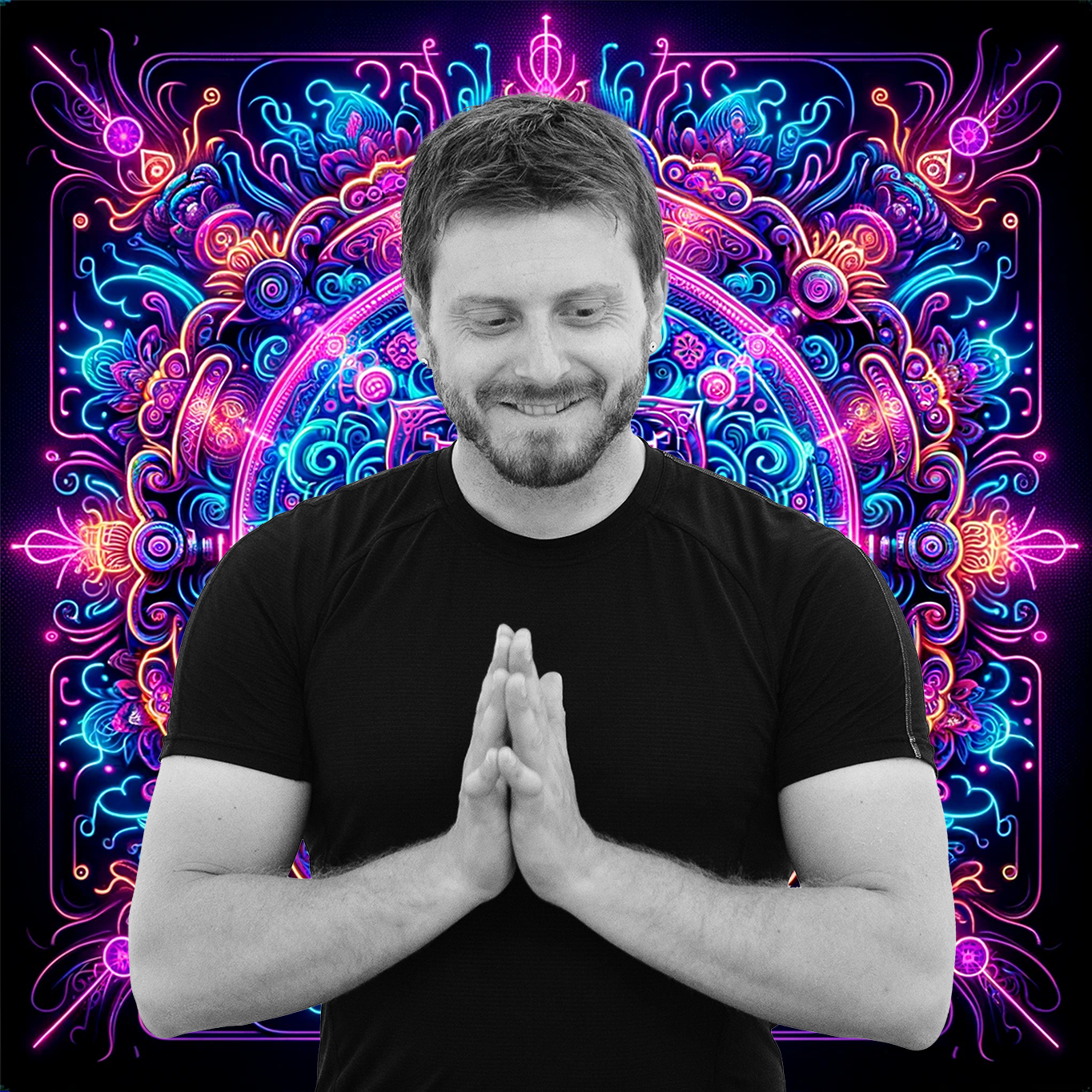How to Conquer Your Insomnia using Brain Science, Mindfulness, and Yoga
The Endless Toss
It’s the worst feeling in the world.
You spent another restless night tossing and turning in your bed, barely scoring two hours of actual sleep. And yet, here you are, staring at your computer like a zombie, just trying to get through your day. But you can’t shake that dragging, foggy feeling.
It’s draped over you like a cold, wet blanket.
Even the two cups of coffee you pounded aren’t enough to break the spell.
And still, you continue to plow through your day, just trying to make it through to the other side.
The Real Impact of Sleep Deprivation
If you’ve ever felt like this, you’re not alone.
According to the CDC, over 35% of adults get less than 7 hours of sleep each night. And all of this sleep deprivation comes with a price. Poor sleep can lead to impaired cognitive function, high blood pressure, and even obesity!
As if you didn’t have enough keeping you up at night already…
Easing Into Restful Nights
But it doesn’t have to be like this. And this is where a proper Yin Yoga and Mindfulness practice will get you back on track.
In many ways, they’re the perfect antipode for restless nights.
If you haven’t tried it yet, Yin Yoga involves long, relaxed holds lasting several minutes each. During your time in each pose, you practice relaxing the body and letting go of deeply held tension. As you settle into stillness, the mind gradually becomes more open as well.
This deep physical release naturally activates the relaxation response in the body, allowing you to doze off easily.
Similarly, mindfulness meditation shows you how to let go of deeply held mental resistance and agitation.
As you work through your meditation session, you will notice what thoughts and other resistances arise. But rather than just suffering through them, you will actually practice letting them go again and again. The profound letting go is the core of how meditation relieves suffering in the mind.
Just as Yin Yoga provides the perfect release for the physical body, meditation creates a sense of deep calm in the mind.
Three Steps For Better Sleep
If you’re ready to start exploring the practices and getting the restful nights of sleep you deserve, try this simple three-step action plan:
Step 1: Track Your Sleep
You have to know where you currently stand if you want to improve. Start by keeping a log of your current sleep patterns. Take note of what time you go try to go to bed. In the morning, note approximately how long it took you to fall asleep. If you want bonus details, note what you did in the hours leading up to bedtime. This can provide powerful clues for what’s working or not in your overall lifestyle.
Step 2: Try one Yin Yoga Pose each night before bed.
Find several Yin Yoga poses you like, and practice a different one for at least two minutes before bed. (1 minute per side for one-sided poses.) Notice which ones help you relax the most, and feel free to keep coming back to those if they work well for you.
Step 3: Add some meditation to your routine.
I’d recommend starting with just 5 minutes. Sit in a relaxed posture and notice your breath. Relax the entire body and let everything calm down. If you’d like a guided practice, check out one of the ones on my YouTube.
Notice how you respond to the simple routine.
If you follow it regularly, I can all but guarantee that your sleep patterns will improve in just a few weeks.
Rewiring Rest
However, these surface-level summaries of the practices hide the immense depth within them.
If practiced regularly, intentional Yin Yoga and meditation practice will completely rewire how your body and mind operate.
Because while relaxation is great, it is temporary. You can relax as much as you want, but if the tension keeps coming back, something more deep-seated is going on. You need to get to the source of the problem.
And for most of us, the source comes from our automatic and unconsciously conditioned patterns.
So many of us are stuck in reaction. So many of us hold tension within our bodies that we’re unsure how to shake off. And this is where the introspective nature of this work sets it apart from simple relaxation exercises.
Yin Yoga and Mindfulness practice bring our deeply held patterns to the surface.
They allow us to see where we are stuck but then allow us to move on from that place.
And this is the most restful feeling of all.
—
If you’d like a chance to go deep into these practices, my 8-week immersion course, Embodied Mindfulness, will take you there.
If you follow the link, you can sign up to get access to a free preview, which includes almost 2 hours of content. It’s everything you’ll need to begin your journey through Yin and Meditation.



